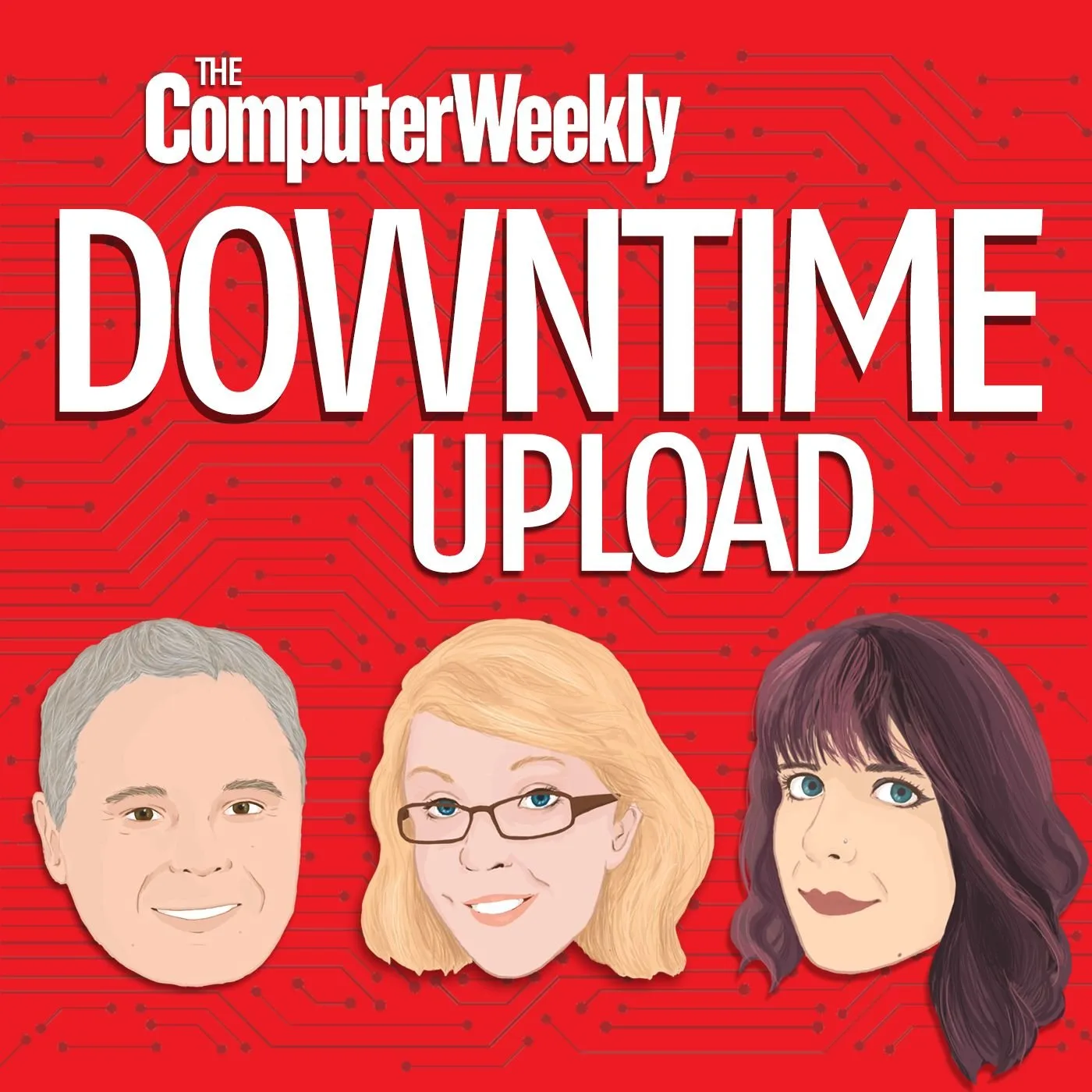Justifying ECC upgrade: A Computer Weekly Downtime Upload podcast

Listen to this podcast
We speak to the chair of the UK and Ireland SAP User Group about SAP ECC and the need to upgrade at your own pace
“We all want to do this,” says Conor Riordan, chair of the UK and Ireland SAP User Group (UKISUG),” describing the transition to cloud-based ERP with SAP Rise. “We all want to get to the end point. We just can't get there as fast as SAP wants us to go.”
Computer Weekly met up with Riordan during the user group's annual Connect 2024 event, which took place in Birmingham at the start of December.
Upgrading and moving to the SAP cloud has been a hot topic for UKISUG for a number of years.
Mainstream support for SAP Enterprise Core Components (ECC), officially ends in 2027. Moving to SAP Rise is regarded by many as too big a step to take in one go and instead, as Riordan explains, users need financial support to make the transition from ECC to S4/Hana, which is a stepping stone towards Rise. But for Riordan, many SAP customers will not find this step easy. However, he says: “SAP responded and it has come up with a modernisation programme, which was well received by customers and our members.”
He is confident the newly appointed UK and Ireland managing director for SAP, Leila Romane, has recognised this challenge and the move to SAP Rise is more of a marathon than a sprint. “User group members aren't convinced about SAP’s strategy, but we need to manage risk,” he says, adding: “We probably need to do the migrations in multiple steps rather than one big step.”
Riordan believes that for SAP customers the move to Rise is inevitable. “The majority of customers will go to Rise at some stage, whenever it's right for them. That might be next year. That could be 20-30 years. Who knows. It’s about doing the upgrade when it's right for the customers rather than doing it when it's right for SAP.”
Although upgrading SAP will offer new functionality like a more modern user experience through Fiori, for Riordan the most important consideration is “Going live with no business impact”. For a lot of companies, success is when a project goes live without business disruption.
Discussing what can seem like a push from the IT industry to make sure businesses spend a lot of money upgrading, Riordan notes that there is a constant need to be more efficient in business and drive better earnings per share to get better margins. This, in turn, means the business is rated as a growth company by the financial markets. “People are under more pressure to drive more innovation and in order to deliver more innovation, you need a more modern platform,” he says.
As Riordan points out most companies that are still on ECC tend to be running manufacturing, procurement, sales and finance business processes. “You're doing these in the same way you have done over the last 20 years,” he says. “But now in this new digital world, you've got access to an infinite amount of data that can help drive better decision-making. If you want to innovate and have smarter ways of running your business, you need to be on a better platform.”
An example of this is forecasting, as Riordan explains. “In the past you'd have planners that would try and figure out a forecast and put the forecast into SAP. Now you can get artificial intelligence (AI) to do that and figure out what your demand plans are and it can probably do it better than the planners because an AI forecast can bring in many different sources of information.”
Originally published at ECT News




